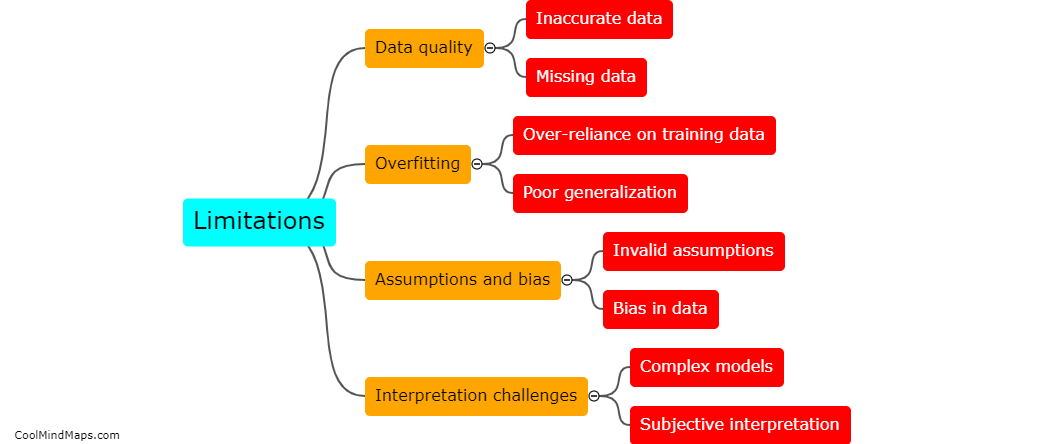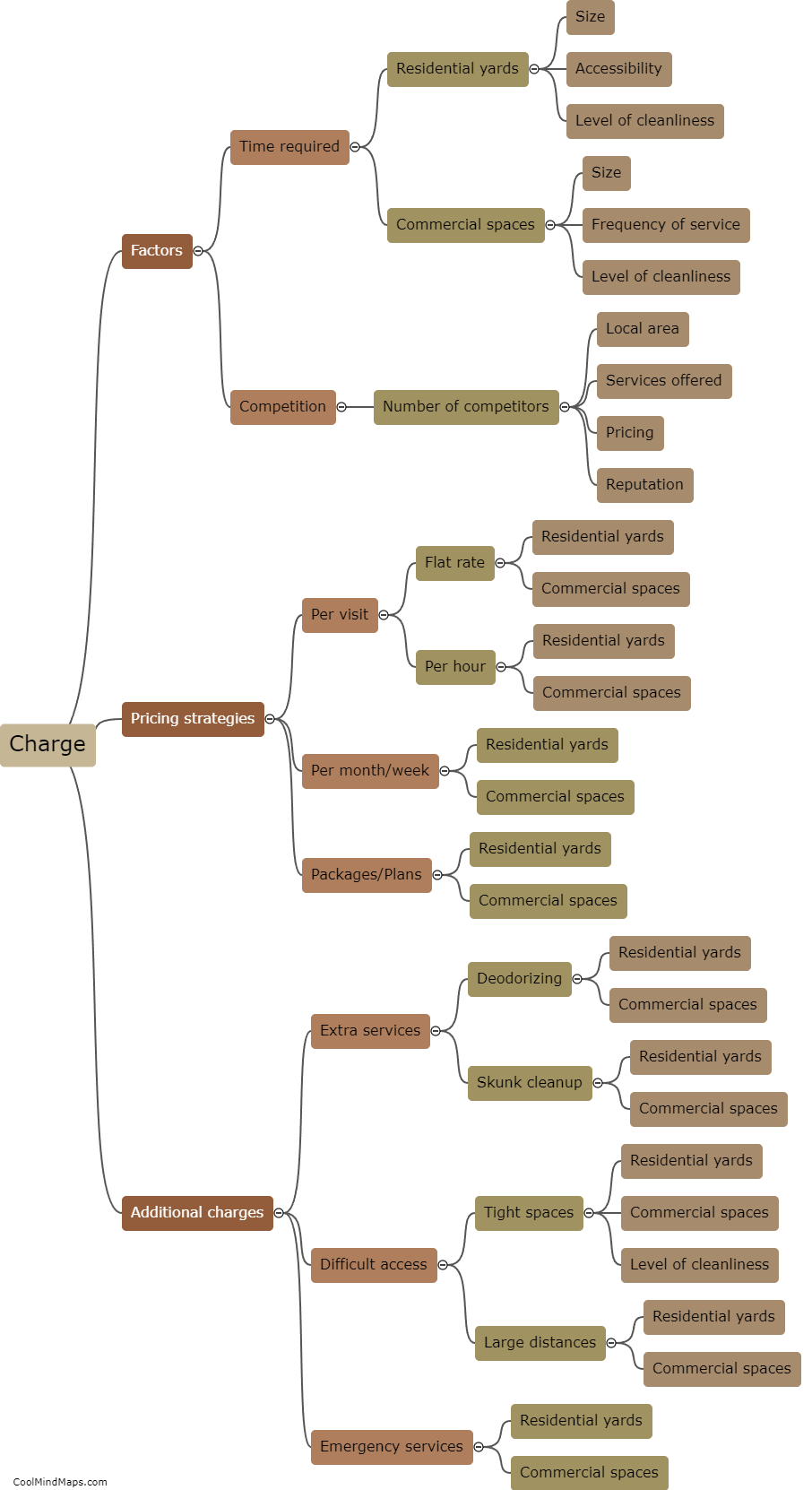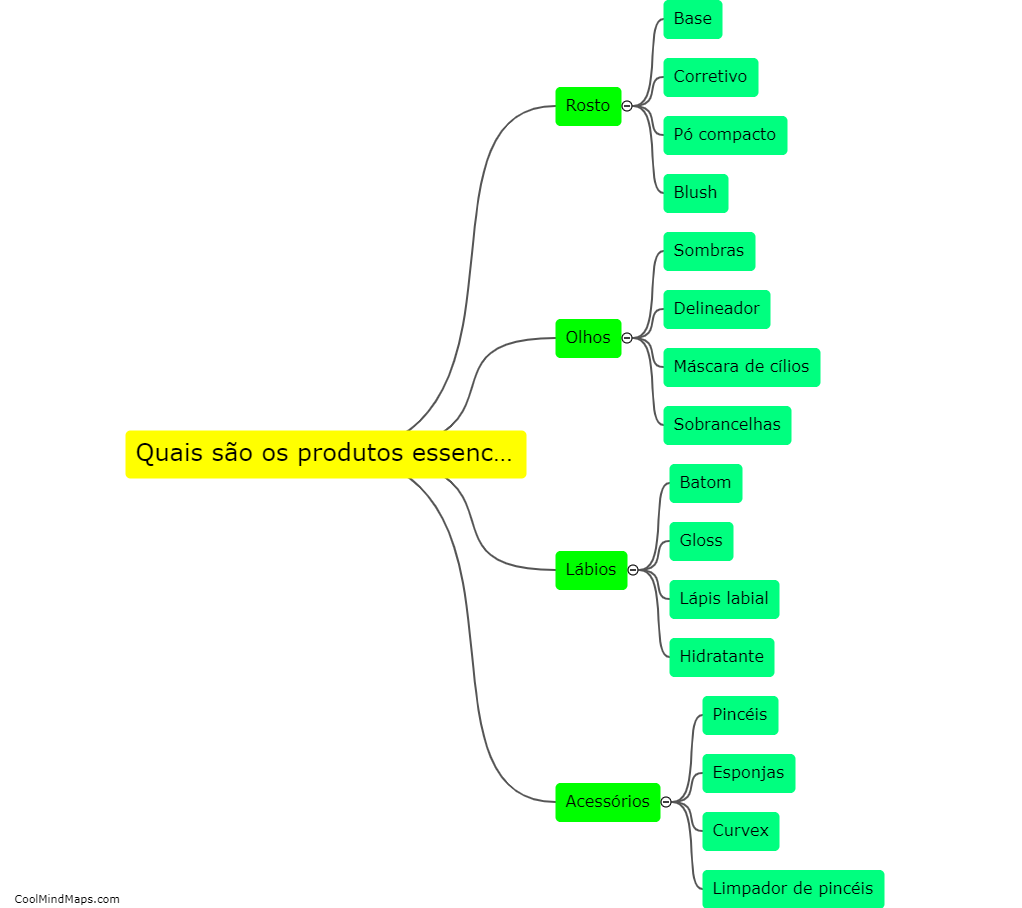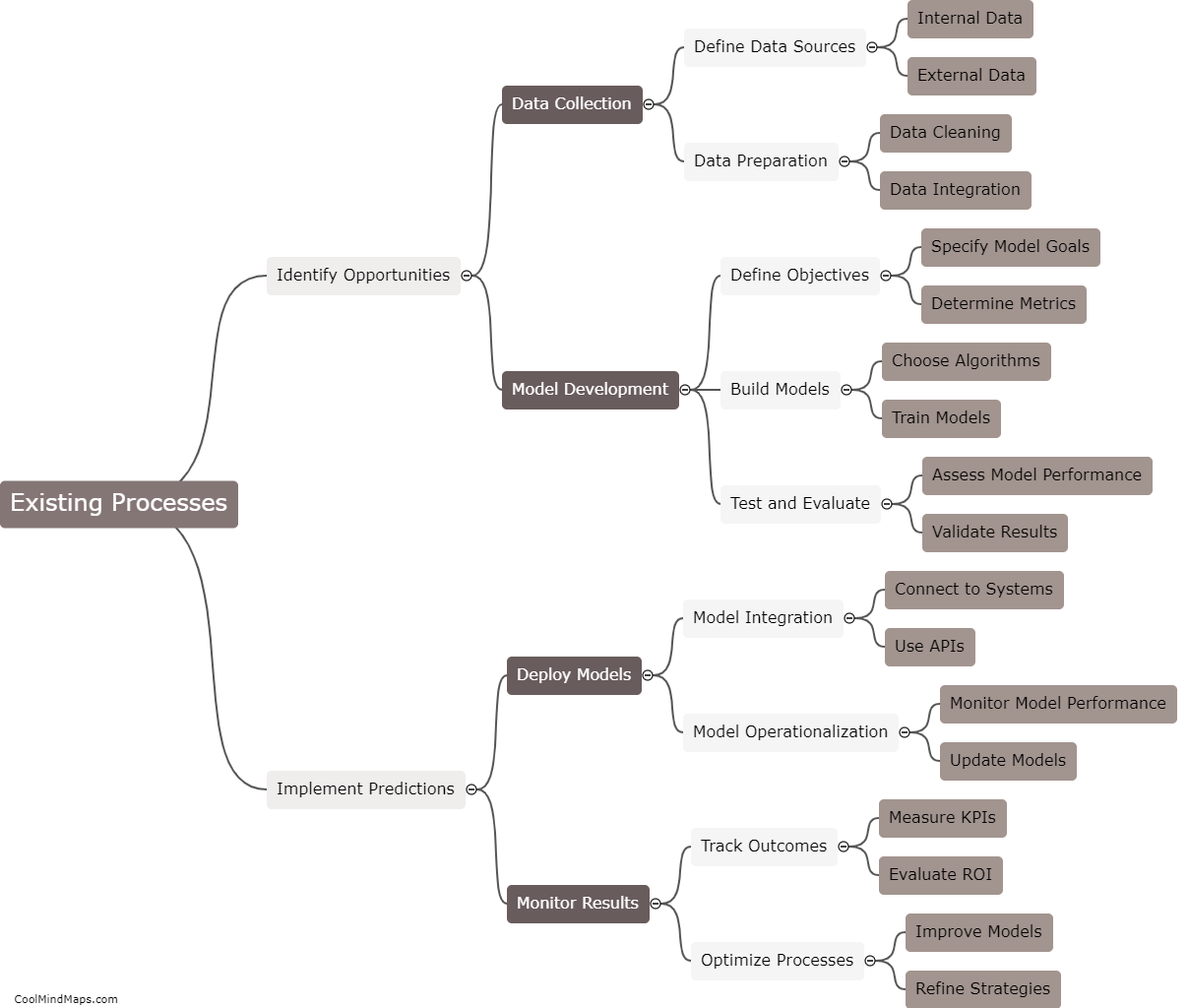What are the limitations of predictive analytics?
Predictive analytics has revolutionized the way businesses make decisions by enabling them to forecast future outcomes and take proactive measures. However, it is important to acknowledge the limitations of this approach. One primary limitation is the quality and accuracy of the data used for analysis. Predictive models heavily rely on historical data, and if the data is incomplete, inconsistent, or biased, the accuracy of predictions can be compromised. Moreover, predictive analytics cannot account for unforeseen events or changes in external factors, making it less effective in volatile and dynamic environments. Additionally, ethical concerns may arise when making decisions based solely on algorithms, as they might perpetuate biases or discrimination present in the training data. Hence, while predictive analytics offers undeniable benefits, it is crucial to recognize and address its limitations to ensure informed and responsible decision-making.

This mind map was published on 20 July 2023 and has been viewed 97 times.











